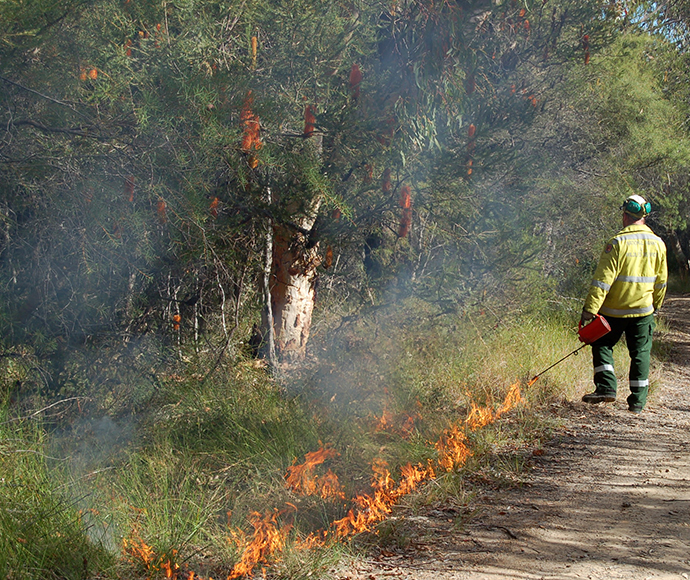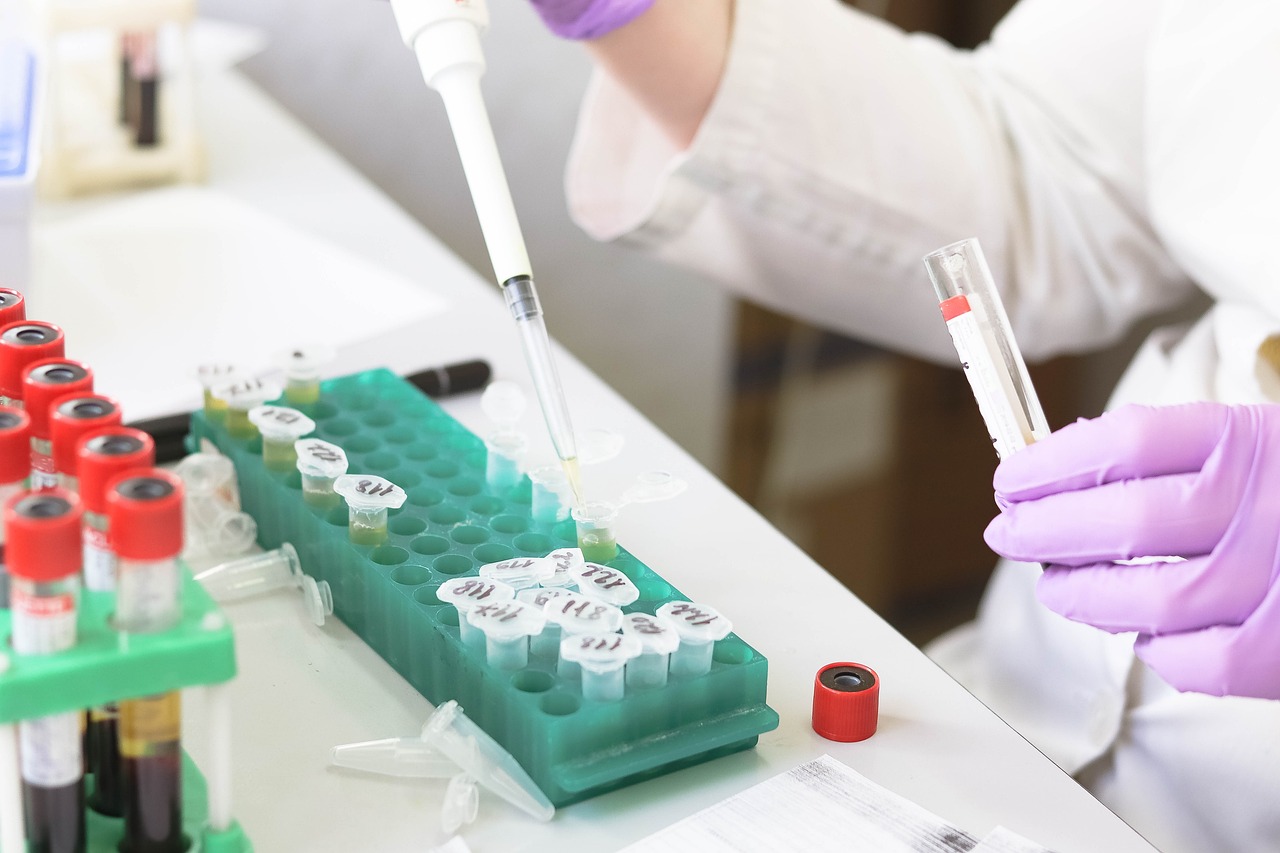The National Parks and Wildlife Service (NPWS) completed more than 640 hectares of hazard reduction burning over the past seven days across the Hunter Central Coast region.

NPWS Hunter Central Coast Director Kylie Yeend said around 80 NPWS staff had been deployed across the Central Coast and Lower Hunter over the past week, supported by dozens of fire trucks and two helicopters.
“We completed a large burn 553 hectare burn in Jilliby State Conservation Area followed by a 90 hectare burn in Werakata National Park,” said Ms Yeend.
“We’re extremely pleased to have safely and successfully carried out these hazard reduction burns close to the communities of Ravensdale, Dooralong, Abermain and Kurri Kurri prior to the start of the bushfire danger period.
“These burnt areas will be vital in helping to reduce the intensity of bushfires and protecting local communities and assets during future summer seasons.
“In a first for our Hunter Central Coast team, we deployed a thermal drone to visualise and geolocate post-burn ‘hot spots’, which assisted our crews with safe and effective mop up operations,” said Ms Yeend.
Hazard reduction burns were also carried out across the region by the NSW Rural Fire Service, Fire and Rescue NSW and Forestry Corporation.
“Last weekend was a fantastic example of the benefits of close collaboration between NSW’s firefighting agencies – NPWS, the NSW Rural Fire Service, Fire and Rescue NSW and Forestry Corporation. We work together to deliver hazard reduction burns like those delivered over the past few weeks.
“In addition to good planning and good inter-agency collaboration, we also had good luck with the weather. Successful hazard reduction burning depends on the right wind and temperature conditions, preceded by a sufficient period without rain so that the ground fuel is dry enough to catch,” said Ms Yeend.
NPWS will be monitoring weather conditions over coming weeks to identify another suitable window for hazard reduction burning in the Hunter Central Coast region.
Hazard reductions are an essential activity under the current Public Health Orders and will be conducted in a COVID-19 safe manner to ensure the safety of fire crews and the community.
COVID-19 safety briefings are provided to all staff who are required to wear masks along with their normal fire personal protective equipment. Contact tracing is also enabled via the QR code sign-in all fire crews must complete when starting.
For health information relating to smoke from bush fires and hazard reduction burning, visit NSW Health or the Asthma Foundation.







